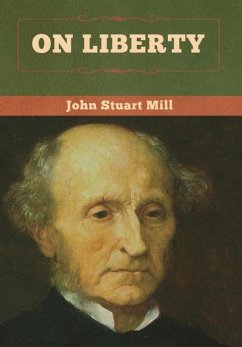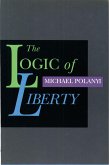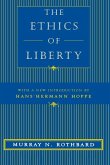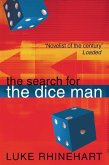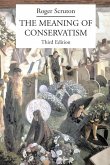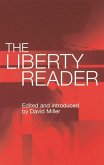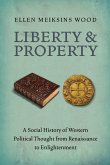On Liberty (1859) is a philosophical work by British philosopher John Stuart Mill. It was a radical work to the Victorian readers of the time because it supported individuals' moral and economic freedom from the state. Perhaps the most memorable point made by Mill in this work, and his basis for liberty, is that "over himself, over his own body and mind, the individual is sovereign". Mill is compelled to make this assertion in opposition to what he calls the "tyranny of the majority", wherein through control of etiquette and morality, society is an unelected power that can do horrific things. Mill's work could be considered a reaction to this social control by the majority and his advocacy of individual decision-making over the self. The famous Harm Principle, or the principle of liberty, is also articulated in this work: people can do anything they like as long as it does not harm others. All branches of liberalism--as well as other political ideologies--consider this to be one of their core principles. However, they often disagree on what exactly constitutes harm. (wikipedia.org)
Hinweis: Dieser Artikel kann nur an eine deutsche Lieferadresse ausgeliefert werden.
Hinweis: Dieser Artikel kann nur an eine deutsche Lieferadresse ausgeliefert werden.

